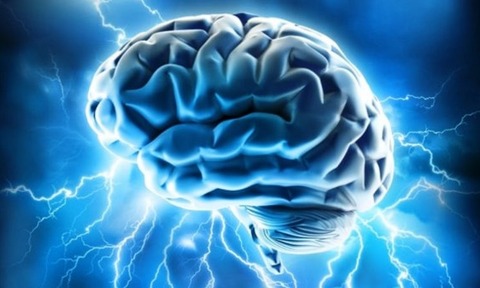Editor's comment | Brain training
5 Sep 2014

Scientists have uncovered why exercise protects the brain against depression, while elsewhere an early-warning test has been developed to help detect the early stages of psychosis.
Illnesses such as depression, anxiety and psychosis are have all too often been portrayed as taboo subjects, with the notion of mental illness regularly being linked to the mental hospitals, or lunatic asylums, of the 19th century.
Fortunately, perception and understanding has advanced dramatically in recent years, as have the available therapies.
“Eradicating these illnesses will most likely stem from a better understanding of the complexities of the human brain
Sadly, depression affects more 350 million people worldwide, with potentially many more suffering in silence. It can manifest itself in a number of ways; from severe panic to crippling anxiety, and the light at the end of the tunnel can regularly seem all but extinguished.
But it is there.
Until recently, experts had been puzzled as to why one of the most effective coping strategies - physical exercise - was so beneficial to those suffering from stress-induced depression.
In research published in the journal Cell, a group of scientists from the Karolinska Institutet, Sweden has revealed that exercise training induces changes in skeletal muscle that can purge the blood of a substance that accumulates during stress, and is harmful to the brain.
“In neurobiological terms, we actually still don’t know what depression is. Our study represents another piece in the puzzle, since we provide an explanation for the protective biochemical changes induced by physical exercise that prevent the brain from being damaged during stress,” said Mia Lindskog, researcher at the Department of Neuroscience at Karolinska Institutet.
Likewise, a team of scientists at the University of Glasgow has commenced research on a brainwave ’fingerprint’ which could be used to help identify young people at risk of developing serious mental illness such as psychosis.
Psychosis can often cause sufferers to misinterpret their surroundings and can lead to hallucinations and delusions. Although not considered a condition in itself, it can be triggered by depression and anxiety.
Peter Uhlhass, who is leading the research at the university, says that certain rhythmic brainwaves within sufferers of psychosis are often altered from the norm.
“What our study does is to examine how these brainwaves are potentially different in people who may go on to develop psychosis,” Uhlhass said.
The study, which will examine 150 people - 50 of which do not display symptoms associated with psychosis - using magnetoencephalography (MEG), a brain imaging technique, to develop an ’early-warning’ test based on the study findings.
“The ’Holy Grail’ would be to reliably predict whether someone is making the transition to psychosis over a period of time,” Uhlhass said.
Understanding and eventually eradicating these illnesses will most likely stem from a better understanding of the complexities of the human brain.
Unfortunately, much of the brain still remains a mystery.
In news published this month, scientists at the University of Bonn, Germany discovered a previously unknown nerve cell in the brain.
Though the discovery has left researchers slightly puzzled, it does beg the question: what else don’t we yet know?
The short answer is “lots”.
But as with this week’s spate of neurological discoveries, the best way to solve the many remaining mysteries is to keep asking the relevant questions and conducting the necessary, life-changing research we all benefit from.

